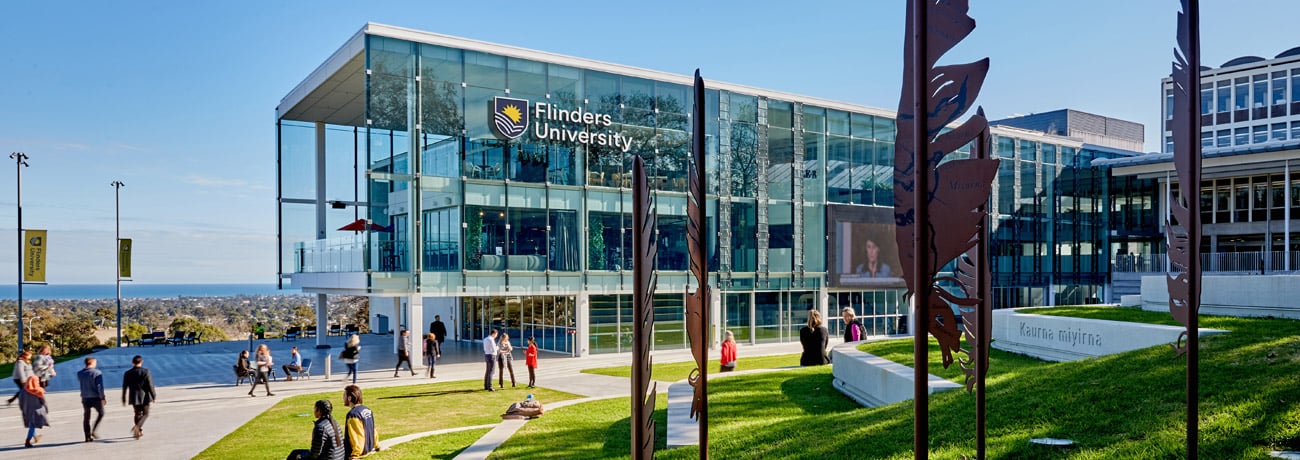

Applicants must normally hold Flinders University’s Graduate Diploma in Engineering Science (specialisation B1-B3), or a relevant Bachelor of Engineering, Bachelor of Engineering Technology, Bachelor of Engineering Science or equivalent overseas qualification with an average grade of credit (5.0) or greater. Students without such a qualification should apply for the Graduate Diploma in Engineering Science.
English language requirements
IELTS (Academic): 6.0 Overall with 6.0 Speaking, 6.0 Writing; TOEFL iBT: 72 Total score with 18 Speaking, 21 Writing; Pearson PTE Academic: 50 Overall with 50 Speaking, 50 Writing; Cambridge C1 Advanced: 169 Overall with 169 Speaking, 169 Writing; Occupational English Test (OET): 300 Speaking, 300 Writing, 300 Reading, 300 Listening; Duolingo (Up to and including Semester 2, 2024): Overall 95-100
The Master of Engineering (Biomedical) capitalizes on the growing opportunities for biomedical engineers caused by various factors including the demand for increasingly sophisticated medical technology to support the quality of life of an ageing population, and the demand for devices to improve health and fitness particularly within elite sports.
If you already have an undergraduate engineering degree and would like to broaden your expertise or specialise in the field of biomedical engineering as a practising engineer, Flinders University’s biomedical engineering course is designed to meet your needs.
The courses integrate with the strong and active research and development program in biomedical engineering within the College of Science and Engineering, often carried out in conjunction with the College of Medicine and Public Health.
The College of Science and Engineering also hosts the University’s Medical Device Research Institute.
What you will study
The course is taught in small, intimate classes that afford a high staff-student ratio. There is an emphasis on topics that directly meet the needs of looking to pursue a career in industry and academic research and development. Topics cover areas such as innovation in medical devices; biomedical instrumentation; biomechanics; physiological measurement; standards, ethics and compliance; control systems; project management and innovation; and a research project undertaken as part of a professional research team.
Your career
The US Department of Labor has identified biomedical engineering as the discipline most likely to have the highest rate of growth in the period 2011-2018. Graduates work in a variety of areas including the design and production of diagnostic and therapeutic medical equipment in hospitals, devices to assist in home-based health care and rehabilitation, and sensory and control systems.
Potential occupations include:
Level of Study: Masters Degree (Coursework)
Duration: 2 years
CRICOS Course Code: 055942K
English Requirements: IELTS Score UG 6
Annual Tuition: AUD$43,400.00
Disclaimer: The listings provided on the StudyAdelaide.com website are for information and promotional purposes only. The information, content and material provided in the listings is the sole responsibility of each education provider. While every care has been taken in preparing the information published on this website, StudyAdelaide does not guarantee the accuracy or currency of the content.